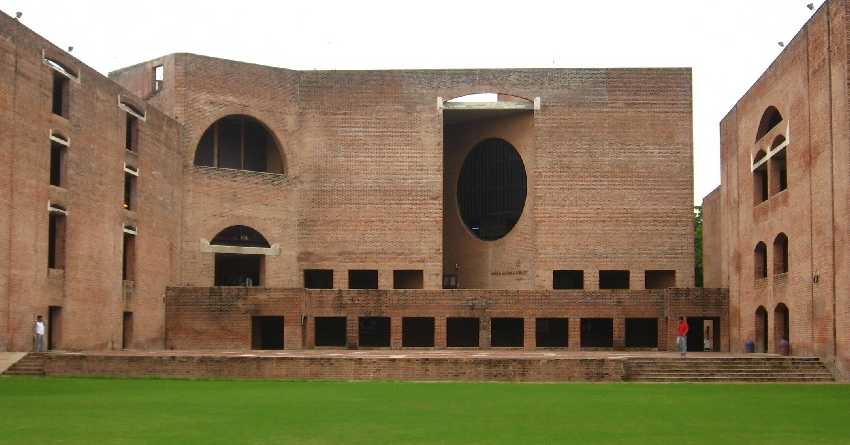Jagan ropes in IIMA experts to curb corruption in AP
By Jinka Nagaraju
Hyderabad: Andhra Pradesh Chief Minister YS Jaganmohan Reddy appears to be determined to eradicate corruption at every level of the State administration.
He is said to have made it clear to every senior official that he won’t tolerate corruption as he was committed to rid the administration of every type of corruption. In order to go about the same, he is roping in experts from Indian Institute of Management, Ahmedabad (IIMA), who will study structural deficiencies in the administration that are making it vulnerable to corruption, according to sources. Based on the IIMA report, the government will initiate action against the corrupt.
The study is expected to identify vulnerabilities in revenue, police, registration and municipal administration, among other departments. Interestingly, people opine that in these departments, it is very difficult to get works done there without bribing officials.
IIM to study the systemic deficiencies that are spawning corruption.
Many civil servants are appreciating the move stating that this is for the first time a state government is involving an IIM to study the systemic deficiencies that are spawning corruption. Of course, some are sceptical about the move.
A senior official said so far no government has ever applied its mind to detect systemic deficiencies in order to curb corruption. Earlier studies, he said, were confined to gauging public perception of corruption in government departments.
Chandrababu Naidu was the first CM to get the public perception studies done in 1997, which revealed that revenue, power, and police topped the dubious list.
“The TDP government could not go beyond that and there never had been a serious attempt to tackle the corruption,” a principal secretary rank official said on condition of anonymity.
He said Jagan has been attaching the highest priority to the issue and the IIMA study would be a path-breaking one.
But, others who are sceptical of the outcome say that no outside agency could penetrate the administration to understand the dynamics of corruption. They opine that corruption is of two kinds; one is grand corruption which is called political corruption and the second is petty corruption. The Grand corruption operates at a higher level while petty corruption is bribery-related, which means taking a bribe to get rules implemented or violated and orders issued. A systemic overhaul is not possible as long as the politician-bureaucrat nexus is broken.
According to Shafiquzzaman (1977 batch, now retired, IAS officer), corruption is not an isolated act.
“Corruption has more to it than meets the eye. A person taking bribe shares it with his bosses. Can anybody tell IIMA team about how the booty is shared among netas and babus? So any outside team, howsoever professional it is, cannot identify the depths of corruption. The team’s inability to understand the dynamics of corruption is bound to affect its recommendations as well,” Shafiquzzaman said.
According to Shafiq, who fought for rule of law in promotion and postings of IAS officers during his tenure, as long as a system in which near and dear (మన వాళ్లు) are favoured in the administration, the rule of law is not possible.
“It only helps cultivate the politician-bureaucrat nexus. Every politician in power wants his men posted in every key post in the constituency or district or department. Governance is too much skewed toward those in power,” he said adding that all exercises to reform governance while keeping the nexus intact would prove futile.